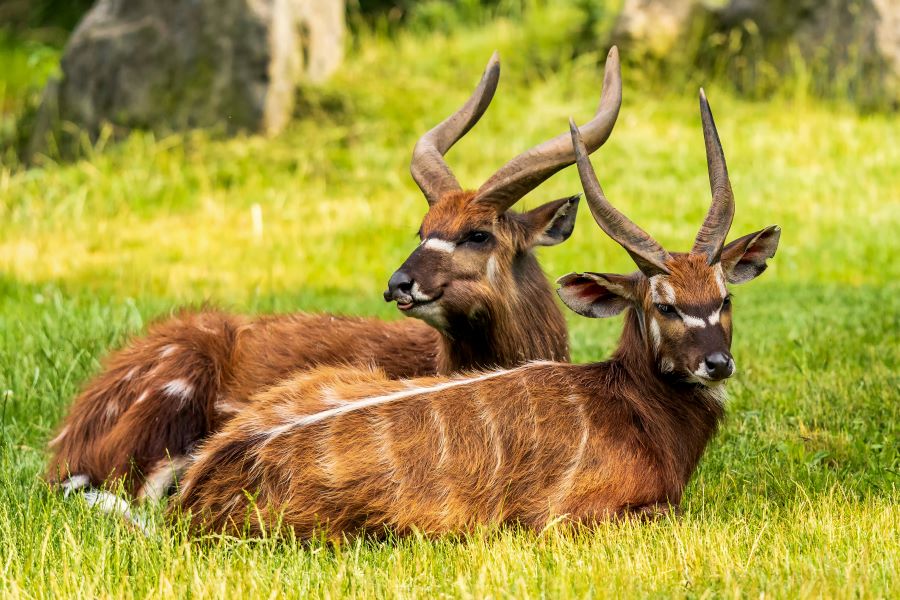Why blend in when you can stand out by hunting one of Africa’s lesser-known species? Africa is home to a range of wildlife, from well-known species to the lesser-known inhabitants of the Dark Continent. Discover reasons to hunt them, the challenges you will face, and the rewards you will enjoy.
[DYNAMIC-BLOGTABLEOFCONTENT]
Why Consider African Hunts Targeting Lesser-Known Species?
- Unique Experience: Pursuing lesser-known species offers a fresh and unforgettable African hunting adventure, distinct from the usual hunts. These species often inhabit different environments than more commonly hunted animals. This means you’ll get to explore diverse terrains, from dense forests and rugged mountains to secluded savannas and wetlands. Each landscape offers its own challenges and beauty, making every hunt a unique adventure.
- Increased Challenge: These species often require unique skills and tactics, presenting an exciting challenge for even seasoned hunters in Africa. Hunting these species allows you to encounter animals that few hunters ever see. This not only adds an element of rarity to your experience but also allows you to learn about the habits, behaviors, and characteristics of species that are not often discussed in mainstream hunting circles.Tracking and hunting lesser-known species can require different techniques and strategies compared to more commonly hunted game. This pushes you to expand your hunting skills and knowledge, making you a more versatile and skilled hunter.
- Conservation Impact: Focusing on less common species can aid in balanced wildlife management and conservation, supporting ecosystem health.
- Cultural Insight: Engaging with local traditions and learning about diverse species can enrich your hunting experience and deepen your cultural understanding.
- Bragging Rights: Successfully hunting a rare species can become a highlight of your hunting stories and a point of pride.
Embrace the opportunity to hunt something unique and make your next African hunts truly exceptional.
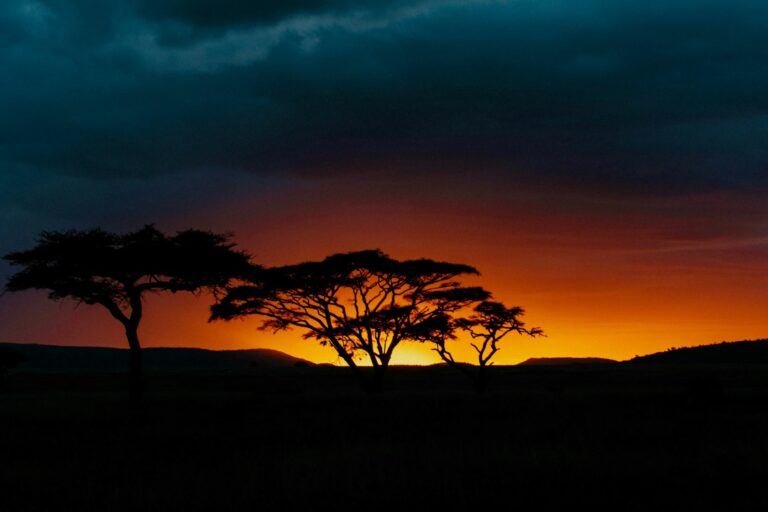
Unique and Unusual Hunting Experiences
- Exploring the Adventure of Hunting Lesser-Known Species in Africa Discovering the thrill of pursuing unique and less commonly hunted species in Africa, such as the sitatunga or bongo, provides hunters with a distinctive and enriching African hunting safari experience amidst the continent’s diverse wildlife.
- Conservation and Sustainable Hunting: Conservation efforts for lesser-known species prioritize sustainability and ethical hunting practices. Strict regulations and hunting quotas are enforced to protect vulnerable populations and their habitats. Hunters play a crucial role in conservation by adhering to guidelines, respecting seasonal restrictions, and supporting local efforts to preserve wildlife diversity and habitats.
- Cultural and Environmental Appreciation: Engaging in the hunt for lesser-known species promotes cultural appreciation and environmental awareness among hunters. It deepens understanding of Africa’s rich biodiversity and the interdependence between wildlife, habitats, and local communities. Hunters often collaborate with indigenous guides, gaining insights into traditional hunting practices and contributing to conservation initiatives that benefit both wildlife and people.
Challenges and Rewards of Hunting Lesser-Known Species: Sitatunga and Bongo
Challenges
- Navigating Difficult Terrain:
- Sitatunga: These antelopes are typically found in swamps and marshes across central and southern Africa. Hunters must be prepared to wade through waterlogged areas and dense reeds, which demands significant physical endurance and advanced navigation skills.
- Bongo: Bongos inhabit the dense rainforests of Central and West Africa. Hunters in Africa targeting this elusive antelope need to traverse thick, often nearly impenetrable underbrush, steep slopes, and humid conditions, all of which require considerable stamina and resilience.
- Elusiveness:
- Sitatunga: With their excellent camouflage in tall grasses and reed beds, sitatungas are difficult to spot. Hunting them requires keen observational skills and patience.
- Bongo: Bongos have a natural camouflage that allows them to blend into the forest shadows. Their reclusive nature means hunters in Africa need to be skilled at tracking and interpreting signs such as footprints or broken foliage on the game hunting adventure.
- Behavioural Patterns:
- Sitatunga: Being most active at dawn and dusk, sitatungas necessitate early morning or late evening hunts, often in low-light conditions, challenging a hunter’s visibility and timing.
- Bongo: Bongos are particularly shy and tend to avoid human contact. Hunters must have a deep understanding of their habits and movements, which often involves long hours of silent tracking to ensure a successful game hunting safari.
- Safety Concerns:
- Hunting in remote areas always comes with risks, such as encounters with other dangerous wildlife, unpredictable weather, and the potential for injuries. Proper preparation, including carrying necessary gear and safety equipment, is crucial.
Rewards
- Adventure and Excitement:
- The pursuit of such elusive species provides a sense of adventure, making the game hunting experience even more thrilling. The combination of difficult terrain and the challenge of tracking down these animals offers an adrenaline-fueled experience that makes successful hunts especially gratifying.
- Skill Development:
- Successfully hunting sitatunga and bongo requires advanced tracking skills, patience, and an intimate understanding of the environment. Each successful African hunt is a testament to a hunter’s skill and expertise.
- Deep Connection with Nature:
- Enjoying an African Hunting Safari in these remote and pristine areas allows hunters to deeply connect with nature. The experience of being immersed in untouched wilderness can be profoundly fulfilling and spiritually enriching.
- Contribution to Conservation:
- Ethical game hunting often supports conservation efforts. By adhering to sustainable game hunting practices, hunting enthusiasts can help maintain balanced ecosystems. The fees from hunting permits often fund wildlife conservation projects and anti-poaching initiatives.
- Cultural Enrichment:
- Engaging with local guides and communities provides cultural insights and fosters personal growth. Learning about traditional hunting methods and local customs can enhance the overall experience.
Your African Hunting Safari for lesser-known species such as the sitatunga and bongo offers a unique combination of challenges and rewards. The demanding physical and mental aspects, combined with the thrill of tracking and successfully hunting these elusive animals, create a deeply satisfying experience. Additionally, the connection with nature, contribution to conservation, and cultural exchanges enrich the hunter’s journey, making it a valuable and transformative adventure.

Exploring Africa’s Most Remote Hunting Regions: A Wilderness Adventure
Embarking on your African hunting safari into the remote and pristine regions presents hunters with a unique chance to immerse themselves in the continent’s untamed heart. Here, untouched landscapes and diverse wildlife come together to create an adventure like no other.
Navigating Challenging Terrain: Hunting in Africa’s Remote Regions
Diverse Landscapes and Their Challenges
Hunting in Africa’s remote regions involves navigating a variety of landscapes, each with its own set of challenges. The rugged mountains, dense forests, and vast savannahs require hunters in Africa to adapt to different environments, each demanding specific skills and resilience.
Rugged Mountains:
-
- Physical Endurance: The steep, rocky terrain of mountainous regions, such as the Ethiopian Highlands and the Drakensberg Mountains, demands significant physical stamina. Hunters must be prepared for strenuous hikes that involve climbing and descending challenging paths.
- Navigation: The complex and often disorienting topography requires hunters to be adept at using maps, GPS devices, and compasses. Recognizing natural landmarks and understanding the terrain are crucial for safe and effective navigation.
- Weather Conditions: Mountainous areas can experience rapid weather changes, including sudden rain, snow, and temperature drops. Hunters must be equipped with appropriate gear and clothing to handle these conditions, ensuring their safety and comfort.
Dense Forests:
-
- Limited Visibility: The thick vegetation in forests like the Congo Basin severely restricts visibility. Hunters must rely on their ability to interpret subtle signs of animal presence, such as tracks, droppings, and sounds. This environment requires heightened observational skills and patience.
- Heat and Humidity: The tropical climate of dense forests is characterized by high humidity and heat, which can be exhausting. Proper hydration, lightweight clothing, and strategies to manage heat stress are essential for maintaining stamina.
- Wildlife Encounters: Forests are home to a variety of wildlife, including potentially dangerous animals. Hunters need to be constantly aware of their surroundings and knowledgeable about how to avoid or safely manage encounters with animals like elephants, gorillas, and large predators.
Expansive Savannahs:
-
- Stealth and Strategy: In the open landscapes of the savannah, such as the Serengeti and the Okavango Delta, animals have a wide field of view and can detect movement from great distances. Hunters must use stealth, natural cover, and strategic planning to approach their targets undetected.
- Extreme Temperatures: Savannahs can experience drastic temperature fluctuations, with intense heat during the day and cooler temperatures at night. Hunters must be prepared for these changes by carrying adequate water, sun protection, and appropriate clothing.
- Locating Game: Animals in the savannah often congregate around water sources, which can be scarce. Understanding the geography and knowing where these water sources are located increases the likelihood of encountering game.
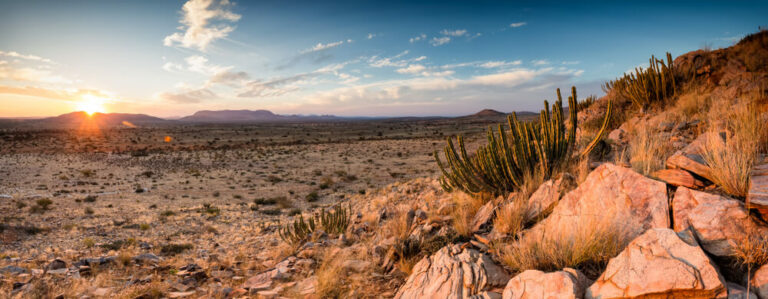
The Role of Expert Guides
Local guides are essential for navigating these challenging terrains. Their expertise and deep knowledge of the environment enhance the safety and success of hunting expeditions.
- Tracking Skills: Expert guides are skilled at interpreting animal tracks, signs, and behaviours. Their ability to predict animal movements and locate game significantly increases the chances of a successful African hunting safari.
- Safety Knowledge: Guides are familiar with the dangers posed by the terrain and wildlife. They provide crucial safety advice and can navigate hunters away from hazardous areas, ensuring a safe game hunting experience.
- Cultural Insights: Local guides often share their knowledge of traditional hunting practices, local conservation efforts, and the region’s history, enriching the hunting experience with cultural and educational insights.
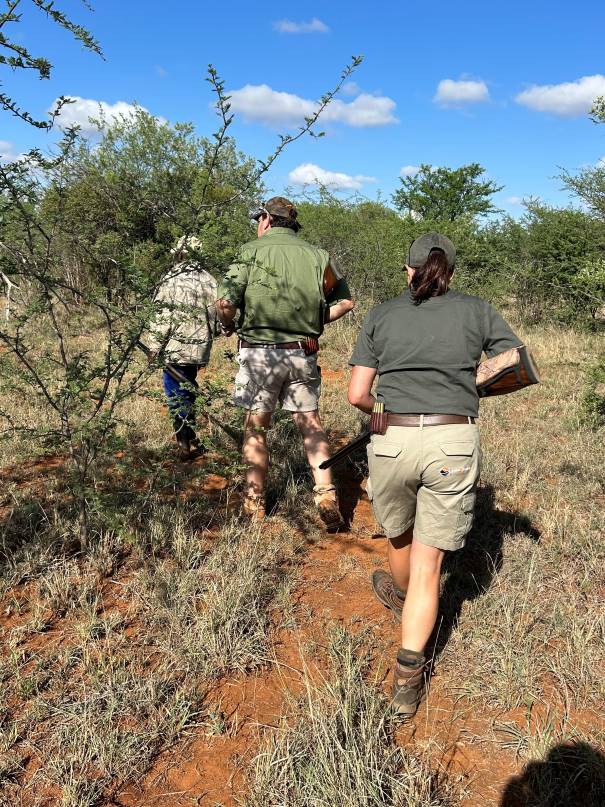
Testing Endurance and Resourcefulness
Hunting in Africa’s remote regions is a rigorous test of a hunter’s endurance and resourcefulness, requiring a blend of physical fitness, mental toughness, and practical skills.
- Physical Fitness: The physical demands of traversing tough terrain and carrying gear over long distances necessitate a high level of physical fitness. Hunters must be well-prepared through regular exercise and conditioning.
- Mental Resilience: The isolation, physical strain, and need for patience can be mentally challenging. Hunters must maintain focus, determination, and a positive attitude, even in harsh and unpredictable conditions.
- Survival Skills: In remote areas with minimal human presence, survival skills are crucial. Hunters must be capable of finding clean water, starting fires, setting up camps, and dealing with emergencies. Knowledge of basic first aid and wilderness survival techniques is essential.
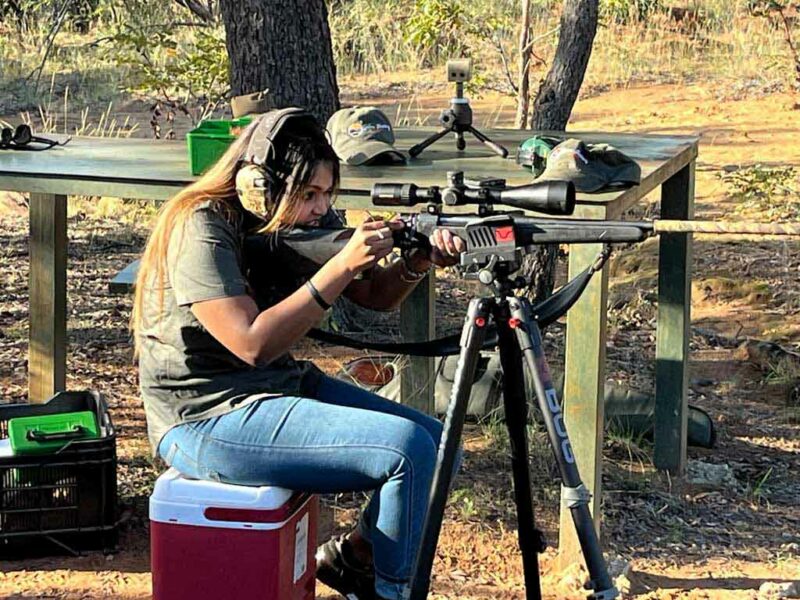
An Authentic Wilderness Experience
Despite the challenges, hunting in Africa’s remote regions offers an unparalleled wilderness experience, allowing hunters to connect deeply with nature and achieve personal milestones.
- Connection with Nature: Immersing oneself in pristine, untouched environments provides a profound connection with nature. Hunters experience the beauty and raw power of Africa’s ecosystems, fostering a deep appreciation for the natural world.
- Sense of Achievement: Overcoming the challenges of navigating difficult terrain and successfully tracking and hunting provides a profound sense of accomplishment. Each successful hunt is a testament to the hunter’s skills, determination, and resilience.
- Memorable Adventure: The adventure and thrill of hunting in remote areas create lasting memories. The unique experiences with wildlife, the beauty of the landscape, and the camaraderie with guides and fellow hunters make for stories that will be cherished for a lifetime. Navigating the challenging terrains of Africa’s remote regions requires a unique combination of physical fitness, expert guidance, and mental resilience. Whether in rugged mountains, dense forests, or expansive savannahs, hunters face a variety of obstacles that test their skills and endurance. However, the rewards of deeply connecting with nature, achieving personal milestones, and experiencing the adventure of a lifetime make these challenges worthwhile.
- Preserving Natural Wonders and Wilderness: Exploring Africa’s remote regions underscores the importance of preserving natural beauty and biodiversity. These areas serve as sanctuaries for endangered species and contribute to maintaining ecological balance. Hunters advocate for responsible land use and conservation practices, promoting awareness of the value of wilderness areas for future generations.
African Hunts: Challenging but Rewarding
Hunting in Africa’s remote regions is a challenging but immensely rewarding endeavor. The diverse and demanding landscapes require hunters to adapt and hone their skills, relying on expert guidance and their own resourcefulness. Despite the physical and mental challenges, the experience provides a deep connection with nature, a sense of achievement, and unforgettable memories. The thrill of overcoming obstacles and successfully hunting in some of the world’s most pristine and untouched environments makes these challenges worthwhile, offering an authentic and profound wilderness experience that few other activities can match.
Author: R du Toit
